UK Supermarkets experienced an 8% increase in year-on-year consumer spend during the week ending Boxing Day, according to new data from Nielsen.
Shoppers spent £3.3bn, up 43% compared to an average week when spend is around £2.3bn. For the final 12 weeks of the year, sales rocketed at discounters Aldi and Lidl 20.6% and 17.9% respectively compared to the previous year.
While the majority of the Big Four witnessed declines during the same period, Sainsbury’s and Tesco bettered their performance year-on-year for the final 12 weeks of 2015. Sales at Sainsbury’s grew by 0.2% but Tesco sales still dropped by -2% along with Asda (-4.2%) and Morrisons (-2.7%).
Sales grew at the Co-operative (1.0%), Waitrose (1.5%) and Marks and Spencer (6.3%), while sales at Iceland receded -2.0%.
Nielsen’s UK head of retailer and business insight Mike Watkins, said: “With Christmas falling a day later in the week than last year, shoppers had an extra opportunity to buy food and drink between the final pre-Christmas weekend and the big day itself. Consequently, sales accelerated as shoppers took advantage of the extra day to buy fresh foods, seasonal treats, gifts and indulgences.”
The strongest category growths during the four weeks ending 2 January 2016 were in Confectionery (+3.7%), Delicatessen (+3.6%) and Beers, Wines and Spirits (+3.2%). Sales fell the most in Meat/Fish/Poultry (-3.8%), Household (-2.5%), Bakery (-2.2%) and Grocery (-2.1%).
“The average price per item fell more at Aldi and Lidl than it did across the industry as a whole. So, whilst people are buying more items from the discounters, they’re actually saving money. The percentage of sales purchased on promotion fell to 31% - the lowest for over five years. With deflation now likely to have reached its low point, and the intensity of promotions continuing to fall, the industry has a good chance of returning to positive growth in the first part of 2016,” Watkins added.















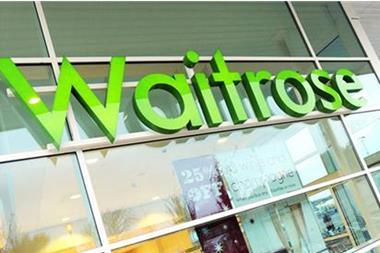
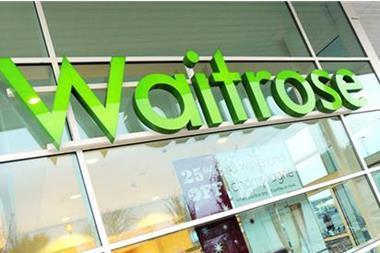
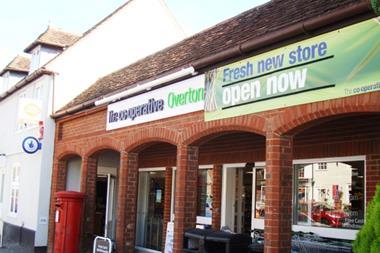
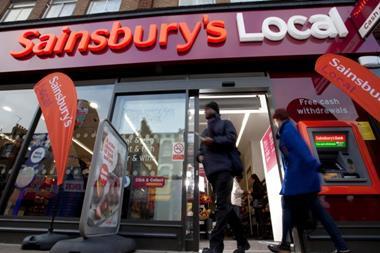

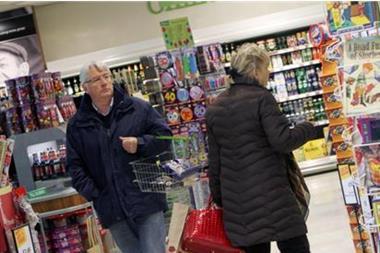
No comments yet